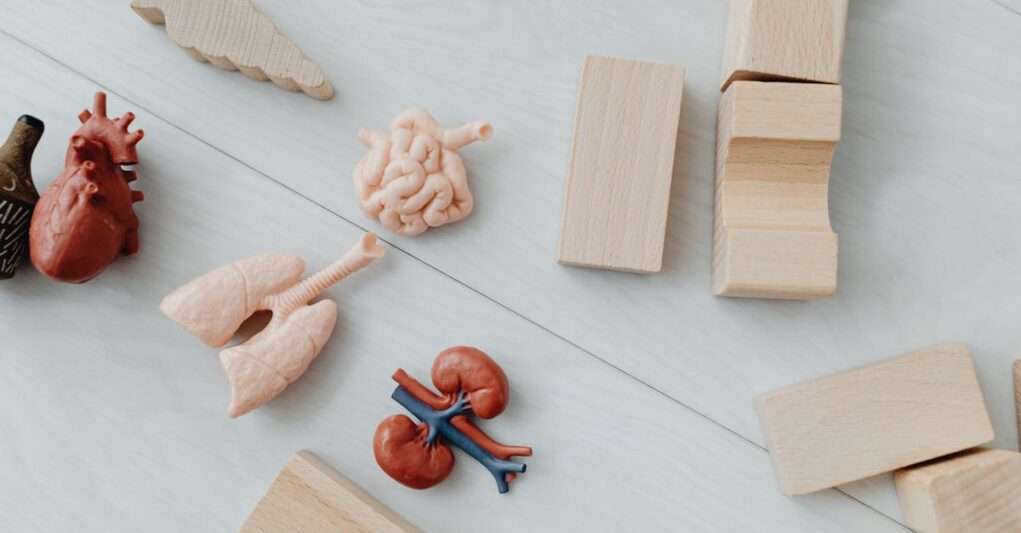Kidney disease is a significant health issue impacting millions around the globe, and it’s important to understand its causes for effective prevention and early intervention. Our kidneys are essential for filtering out waste, maintaining fluid balance, and regulating the body’s electrolytes. If they start to malfunction, harmful substances can accumulate, which can lead to a range of health problems. In this discussion, we’ll delve into five common causes of kidney disease to help you identify potential risk factors and safeguard your kidney health.
Problem
Kidney disease is a serious health issue that impacts millions of people around the globe. If not properly managed, it can lead to severe complications, including kidney failure. That’s why understanding the causes of kidney disease is vital for both prevention and early intervention.
Agitation
Just picture the annoyance of living with constant fatigue, swollen legs, and always making trips to the bathroom. These are just a few of the symptoms that come with kidney disease and they can take a toll on your quality of life. By knowing the common causes, you can take proactive steps to safeguard your kidney health.
Solution
Let’s explore the five main causes of kidney disease and how you can lower your risk. Staying informed and making healthier lifestyle choices can help you support not just your kidney health, but your overall well-being too.
1. High Blood Pressure
- High blood pressure, commonly known as hypertension, is one of the major factors contributing to kidney disease.
- This prolonged strain can harm the fragile blood vessels in the kidneys, making it harder for them to effectively filter out waste.
- According to the American Heart Association, almost 50% of adults in the U.S. suffer from hypertension.
- Keeping an eye on and controlling blood pressure is crucial to avoid possible kidney damage.
2. Diabetes
- Unmanaged Type 1 and Type 2 diabetes play a significant role in the development of kidney disease.
- Eating a balanced diet is essential for those living with diabetes.
- Keeping track of blood sugar levels regularly can help lower the chances of kidney problems.
3. Glomerulonephritis
- When small filters called glomeruli in our kidneys become inflamed, it causes glomerulonephritis.
- Infections
- Autoimmune diseases
- Genetic conditions
- If it’s not treated, glomerulonephritis can result in serious kidney damage.
- Blood in the urine
- Swelling
- High blood pressure
4. Kidney Infections
- Chronic kidney infections, also called pyelonephritis, have the potential to cause lasting damage to the kidneys.
- When infections keep coming back, they can lead to scarring in the kidney tissue, gradually reducing kidney function.
- Women usually face a greater risk of developing these infections.
- Good hygiene practices and staying well-hydrated are key steps to help prevent them.
5. Genetic Disorders
- Certain kidney diseases can run in families.
- A notable example is polycystic kidney disease (PKD).
- Over time, these cysts may hinder kidney function.
- People who have a family history of kidney disease are more likely to face these issues themselves.
- Getting screened early can help in taking steps to prevent kidney disease.
How can I lower the chance of developing kidney disease?
Keeping a healthy lifestyle, managing chronic conditions such as diabetes and high blood pressure, and steering clear of medications that can harm your kidneys can all help lower your risk.
- Revised Text:
- Ongoing fever and chills
- Discomfort in the lower back or sides
- Frequent and painful urination
- Urine that’s cloudy and has a bad odor
- Tiredness and a general feeling of being unwell



